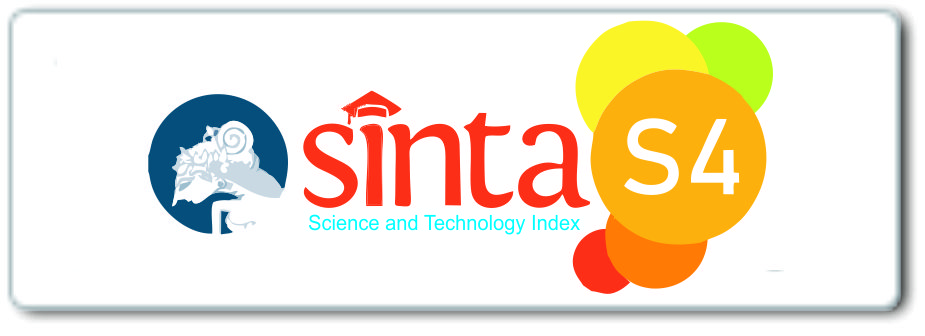THE EFFECT OF BI 7-DAYS REVERSE REPO RATE AND EXCHANGE RATE ON THE MONEY SUPPLY (M1) IN INDONESIA
Abstrak views: 297 | pdf (English) downloads: 441
Abstrak
In this globalization’s era, the circulation of money (both M1 and M2) in society is increasing and expanding. One of the aspects used to measure and influence the supply and demand system is the money supply. As an independent state institution, Bank Indonesia has full autonomy in formulating and implementing each of its duties and authorities. In its capacity as the central bank, Bank Indonesia has one single objective, namely to reach and maintain the stability of rupiah. This research was conducted using a qualitative and causality approach. The results of this study indicate that the BI 7-Days Reverse Repo Rate has a negative and significant effect on the Money Supply (M1), the exchange rate has a positive and significant effect on the Money Supply (M1) and the BI 7-Days Reverse Repo Rate and Exchange rates have a direct effect on Total Money Supply (M1).













